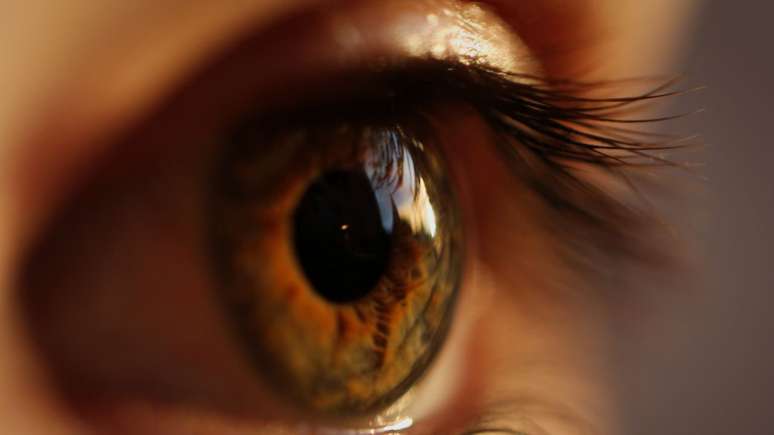Thanks to science, Japanese researchers have restored sight to three people who had severe corneal damage
Have you ever thought about whether it was possible to bring back sight to the blind? So take heart, because this is already happening. Thanks to science, Japanese researchers have restored sight to three people. They had severe damage to their corneas and, once treated, were able to see again. See details:
First of all, to understand the discovery, it is necessary to know that, inside the eyeball, there is a reservoir of stem cells. Additionally, if genetic diseases, burns, severe allergies, and infections occur, the cornea may collapse and be unable to repair itself.
The scientists responsible for the research, published in the journal ‘The Lancet‘, managed to reprogram adult stem cells to the embryonic state. So, the Osaka University they managed to treat two women and two men, aged between 39 and 72, who had corneal lesions and were no longer able to see. After two years, three of the four patients showed significant improvement and their eyes, which had previously looked milky, were shiny again. And from now on the researchers want to test the discovery on a larger number of volunteers.
Five precautions to preserve eye health
A distraction that occurs involuntarily in the frenzy of daily life and often without us realizing it is harmful, can cause many inconveniences and even serious problems, which can compromise, for example, the vision. Therefore, we asked the ophthalmologist for help Kemi Salami to list the most common.000
- Scratching your eyes: If you have dirty hands, when you scratch, you can bring a foreign object into your eye, causing allergies or conjunctivitis. But, even with clean hands, it is inadvisable to rub this area of the face, since if this happens frequently and with great force, it can trigger the so-called corneal ectasia, a problem in the transparent part that covers the face. anterior portion of the eyes.
- Sleeping with contact lenses: There is a risk of infections and keratitis, inflammation of the cornea, the most common symptoms of which are eye pain, sensitivity to light, redness and blurred vision. Sleeping with contact lenses also leads to decreased oxygenation in the eyes.
- Using eye drops without medical advice: Depending on the type of substances applied, applying eye drops without medical advice, which seems like a harmless act, can lead to cataracts, glaucoma or even blindness.
Source: Terra
Ben Stock is a lifestyle journalist and author at Gossipify. He writes about topics such as health, wellness, travel, food and home decor. He provides practical advice and inspiration to improve well-being, keeps readers up to date with latest lifestyle news and trends, known for his engaging writing style, in-depth analysis and unique perspectives.









